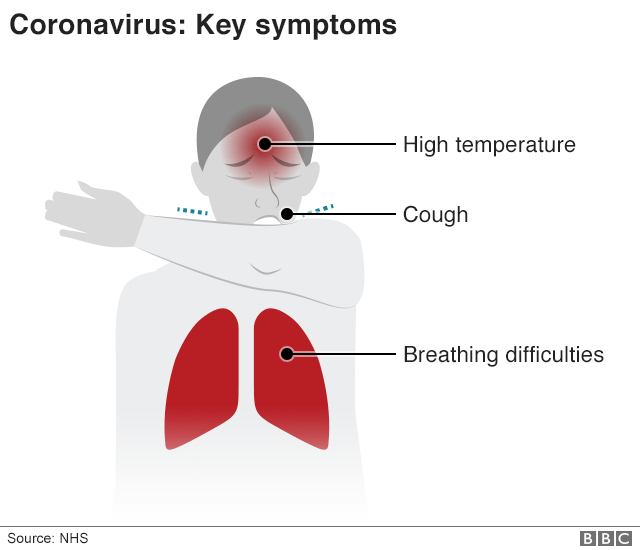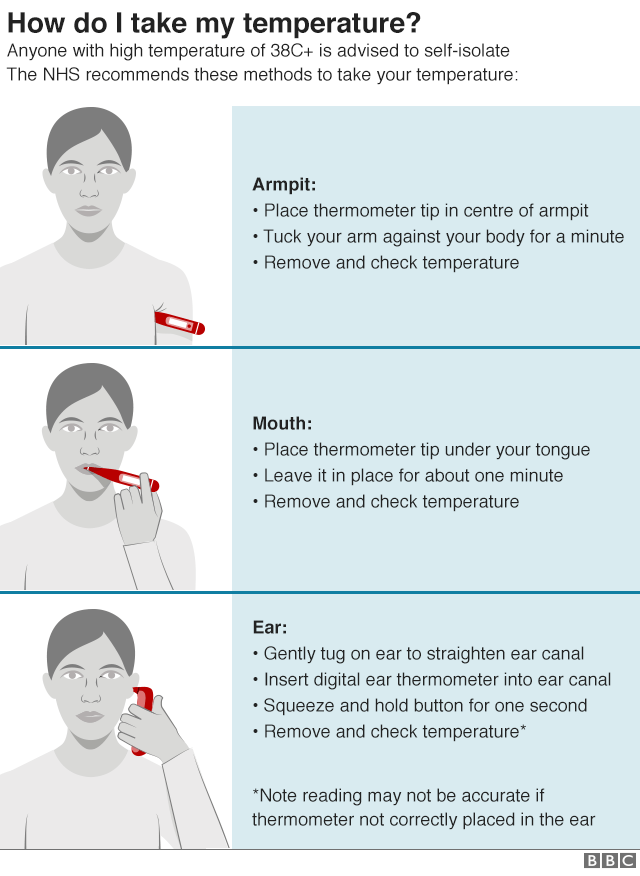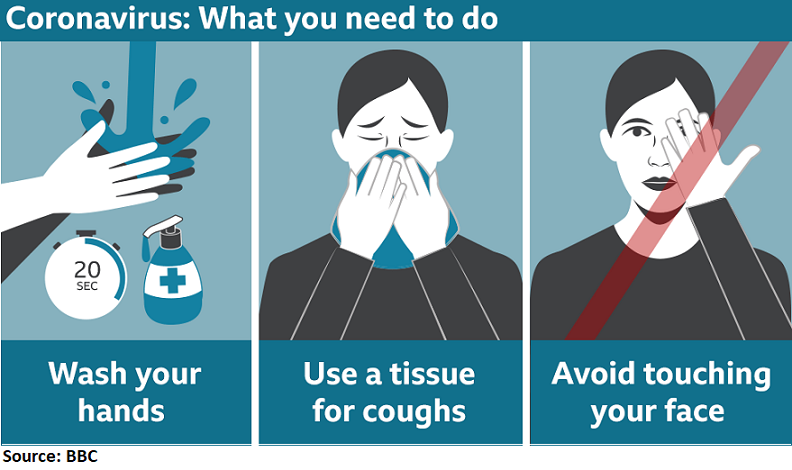Chapter 4 Important Resources from NIH
- NIH clinical trial of investigational vaccine for COVID-19 begins (National Institute of Allergy and Infectious Diseases) https://www.nih.gov/news-events/news-releases/nih-clinical-trial-investigational-vaccine-covid-19-begin
- NIH clinical trial of remdesivir to treat COVID-19 begins (National Institute of Allergy and Infectious Diseases) https://www.nih.gov/news-events/news-releases/nih-clinical-trial-remdesivir-treat-covid-19-begins
- Structural Biology Points Way to Coronavirus Vaccine (NIH Director’s Blog) https://directorsblog.nih.gov/2020/03/03/structural-biology-points-way-to-coronavirus-vaccine/
- Information for NIH Applicants and Recipients (Grants & Funding) https://grants.nih.gov/grants/natural_disasters/corona-virus.htm
- Coronaviruses (National Institute of Allergy and Infectious Diseases) https://www.niaid.nih.gov/diseases-conditions/coronaviruses
- Coronavirus resources (National Library of Medicine) https://www.nlm.nih.gov/index.html#Novel_Coronavirus
- Coronavirus news and resources for global health researchers (Fogarty International Center) https://www.fic.nih.gov/ResearchTopics/Pages/infectiousdiseases-coronavirus-cov.aspx
- In the News: Coronavirus and “Alternative” Treatments (National Center for Complementary and Integrative Health) https://nccih.nih.gov/health/in-the-news-in-the-news-coronavirus-and-alternative-treatments
- NIH Guidance on Travel and Meetings https://www.nih.gov/health-information/nih-guidance-travel-meetings
4.1 Important Information on COV-19:
The medical community are in the learning curve to know about COV-19. Perhaps, it will probably take time to have the complete clinical picture in regards to COVID-19. Reported illness varies among the age groups based on individual immune systems and general health conditions. There are reports of infected persons having no symptoms and some about 16% or so showed severe illness resulting in death. Older people including the people of all ages with severe chronic medical conditions — like heart disease, lung disease and diabetes are obviously at higher risk of developing serious COVID-19 illness.
4.2 What You Should Know:
Symptoms:The following symptoms may appear 2-14 days after exposure with fever, cough and shortness of breath.



4.3 How COV-19 Spreads:
Mainly from person-to-person contact. During close interaction respiratory droplets get transmitted to other person. An injected person can easily transmit the virus to others through sneezing or coughing. The transmission of COVID-19 is similar to flu and many other viruses such as MARS and SARS.
Steps to Prevent Illness:
- Clean your hands often, wash your hands often with soap and water for at least 20 seconds especially after you have been in a public place, or after blowing your nose, coughing, or sneezing.
- If soap and water are not readily available, use a hand sanitizer that contains at least 60% alcohol. Cover all surfaces of your hands and rub them together until they feel dry.
- Avoid touching your eyes, nose, and mouth with unwashed hands.
- Avoid close contact with people who are sick.
- Put distance between yourself and other people if COVID-19 is spreading in your community. This is especially important for people who are at higher risk of getting very sick.
- Stay home if you are sick, except to get medical care. Learn what to do if you are sick.
- Cover your mouth and nose with a tissue when you cough or sneeze or use the inside of your elbow.
- Throw used tissues in the trash.
- Immediately wash your hands with soap and water for at least 20 seconds. If soap and water are not readily available, clean your hands with a hand sanitizer that contains at least 60% alcohol.
- If you are sick: You should wear a facemask when you are around other people (e.g., sharing a room or vehicle) and before you enter a healthcare provider’s office. If you are not able to wear a facemask (for example, because it causes trouble breathing), then you should do your best to cover your coughs and sneezes, and people who are caring for you should wear a facemask if they enter your room. Learn what to do if you are sick.
- If you are NOT sick: You do not need to wear a facemask unless you are caring for someone who is sick (and they are not able to wear a facemask). Facemasks may be in short supply and they should be saved for caregivers.
- Clean AND disinfect frequently touched surfaces daily. This includes tables, doorknobs, light switches, countertops, handles, desks, phones, keyboards, toilets, faucets, and sinks.
- If surfaces are dirty, clean them: Use detergent or soap and water prior to disinfection.
What To Do if You Are Sick:
- Stay home: People who are mildly ill with COVID-19 are able to recover at home. Do not leave, except to get medical care. Do not visit public areas.
- Stay in touch with your doctor. Call before you get medical care. Be sure to get care if you feel worse or you think it is an emergency.
- Avoid public transportation: Avoid using public transportation, ride-sharing, or taxis.
Frequently Asked Questions(FAQ):
- Protect Yourself and Your Family:
- Travel:
- Schools, Workplaces & Community Locations:
- Checklist for Individuals and Families:
- Clean & Disinfect:
- Interim Guidance: Public Health Communicators Get Your Community Ready for Coronavirus Disease 2019 (COVID-19):
- If You Are at Higher Risk:
- Pregnancy & Breastfeeding:
- Schools & Childcare:
- Talking with children about Coronavirus Disease 2019: Messages for parents, school staff, and others working with children:
- Guidance for Institutions of Higher Education with Students Participating in International Travel or Study Abroad Programs:
- Colleges & Universities:
- Businesses & Employers:
- Steps Healthcare Facilities Can Take Now to Prepare for Coronavirus Disease 2019 (COVID-19):
- Get Your Communityand Faith-Based Organizations Ready for Coronavirus Disease 2019:
- Community Events:
- Law Enforcement:
- Home Care:
- Guidance for Healthcare Professionals:
- Water Transmission and COVID-19:
- Information for Laboratories:
- Interim Guidance for Homeless Shelters: